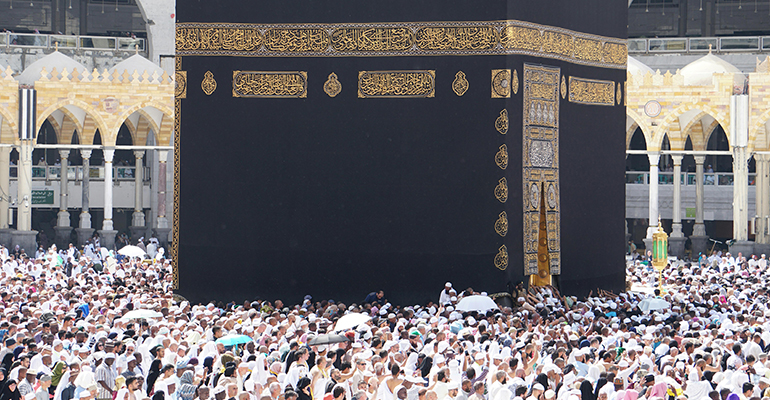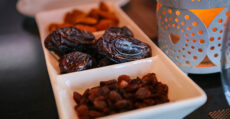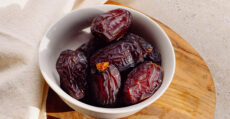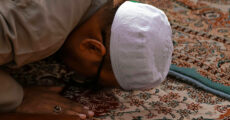Visit our YouTube channel for more
Question: The questioner is saying [O] Noble Shaykh, in [a few] days, we will be welcoming [the arrival of] the ten days of Dhul-Hijjah, so what is your advice for everyone to take advantage of them?
I ask you to explain their excellence and the deeds which are recommended during them?
Response: The ten [days] of Dhul-Hijjah [will] begin with the arrival of the month of Dhul-Hijjah, and [will] end with the day of ’Eed al-Adhaa.
[As for] the deeds [recommended] during them [then] the Messenger of Allaah ﷺ said about [the deeds]:
«There are no days during which righteous deeds are better and more beloved to Allaah than these ten days» [i.e. the first ten days of Dhul- Hijjah.]
They said: “Not even jihaad for the sake of Allaah?”
He said: «Not even Jihad for the sake of Allaah, unless a man goes out himself with his wealth, and does not return with anything.» [i.e. he expends all his wealth and is martyred.] – al-Bukhaaree, Abu Daawood and Ibn Maajah.
So based upon this [then], I encourage my Muslim brethren to take advantage of this great opportunity and increase during these ten, the ten days of Dhul-Hijjah such as reading the Qur.aan, and the various types of dhikr – from the takbeer (الله أكبر), the tahleel (لا إله إلا الله), the tahmeed (الحمد لله), and the tasbeeh (سبحان الله), [and] charity, [and] fasting, [and generally] exerting oneself in all righteous deeds during them.
And what is strange is that the people are ignorant of [the excellence of] these ten [days]!
You find them during the [last] ten [nights] of Ramadhaan [are they] exerting themselves in [righteous] deeds or not?
Yes (pardon)?
[Yes], they are exerting themselves!
Yet during the [first] ten [days] of Dhul-Hijjah you barely find anyone who differentiates between them and other days [with an increase in doing righteous deeds].
However, if a person does righteous deeds during these ten days, then [by doing so] he has revived what the Prophet ﷺ instructed [us] with of righteous deeds.
And when these ten [days] arrive, and if a person wants to offer the udh.hiyah sacrifice, then he must not cut any of his hair, nails, and skin at all.
None of these should be cut if he intends to offer the udh.hiyah sacrifice.
As for those on behalf of whom he is offering the udh.hiyah sacrifice, then there is no harm in them [doing so].
So based upon this, if a person wants to offer an udh.hiyah sacrifice on behalf of himself and the members of his household, then he offers a single udh.hiyah sacrifice – as is the Sunnah, and the members of his household are not required to refrain from cutting their hair, nails or skin.
Rather, he who is required [to do so] is who?
Who?
The one offering the udh.hiyah sacrifice – who is the father (head of the household).
And that which you hear of this phrase:
”[Cutting the hair, nails and skin] is prohibited for the one offering the udh.hiyah sacrifice, and the one on behalf of whom the udh.hiyah sacrifice is offered.”
– then this is [merely] an opinion of some of the scholars.
As for the hadeeth, then the Prophet ﷺ said:
So he has directed the instruction to the one who wants to offer the udh.hiyah sacrifice.
However, if someone said if the one who wishes to offer the udh.hiyah sacrifice travels for hajj, and plans to perform ‘umrah and [thereafter] cut his hair – bearing in mind he has already instructed his family [back home] to offer the udh.hiyah sacrifice [then] we say there is no harm in this, because cutting the hair [upon completing the] ‘umrah is a rite, and is imperative that it be done.
And likewise cutting the hair during hajj, or shaving the head – there is no harm in doing so, even if he does not know whether his family [back home] have offered the udh.hiyah sacrifice or not.
Yes.
Originally published on 8 July, 2021.




